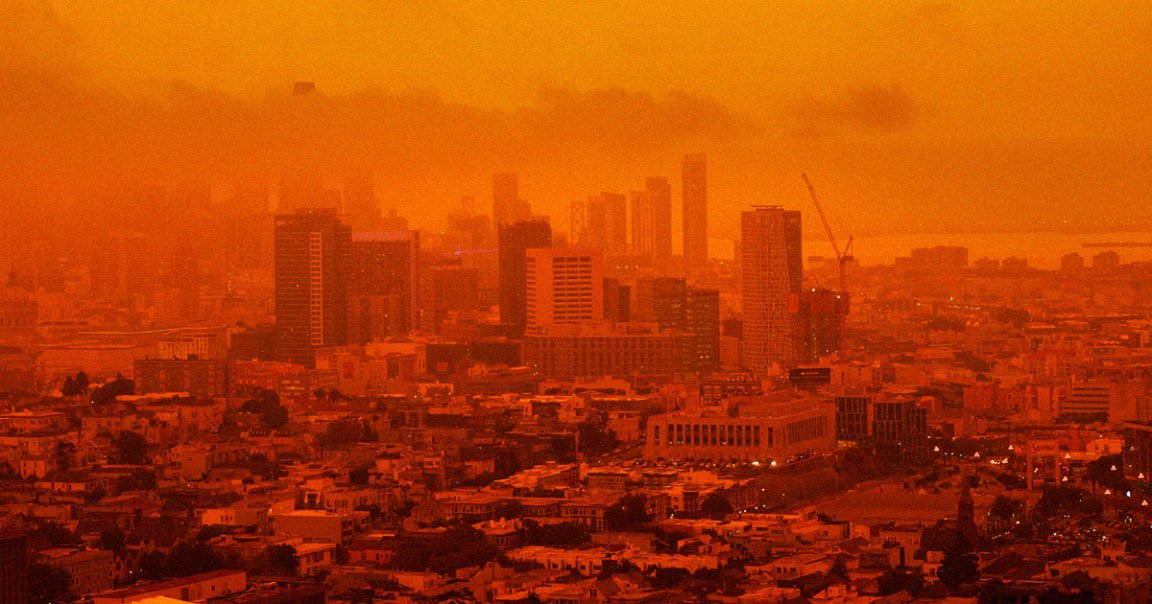
True Picture
We’re staring down the barrel of an impending climate crisis — and according to University College London geophysical and climate hazards professor Bill McGuire, we should be absolutely terrified of what’s still to come.
In an opinion piece for CNN, McGuire argued that “if the fracturing of our once stable climate doesn’t terrify you, then you don’t fully understand it.”
That kind of gap in our knowledge could prove fatal, allowing narratives of climate denial to flourish.
“While those of us working in the climate science field know the true picture, and understand the implications for our world, most others do not,” he wrote. “And this is a problem — a big one.”
Mind Killer
After being stonewalled by politicians and corporations who are “unwilling to take action rapidly enough to stymie emissions as the science demands,” McGuire argues that scientists are forced to “rouse the public to try and force through the enormous changes required to curb global heating.”
Which, of course, is easier said than done.
With record-breaking ocean temperatures, melting glaciers, and Atlantic Ocean currents that appear to be on the verge of collapse, scientists are turning to increasingly desperate measures. Late last year, more than 15,000 scientists across 161 countries co-signed a paper that argued that “life on planet Earth is under siege” and a global disaster of epic proportions may await us at the end of this century.
But the harsh realities of a deepening environmental crisis may end up alienating the public, leaving them “frozen like a rabbit in headlights,” as McGuire wrote in his opinion piece.
So what’s the alternative? The best approach, McGuire posits, is to give the public the unvarnished truth.
“This isn’t a matter of scaring or not scaring people, but of informing them,” he wrote. “As a climate scientist, it is my duty to tell you about what is happening to our world, whether it engenders fear or not.”
However, researchers also have the duty to communicate these drastic changes in our climate without “inducing a feeling of hopelessness” in order to “encourage collective action.”
In short, fear is very much part of the equation — but instead of relying on “sanitized” versions of the truth, informing the public of the cold hard facts could end up being “transformative.”
“The bottom line is that many things in life are scary or worrying, from going to the dentist to noticing a potential sign of cancer, but ignoring them almost invariably results in something far worse happening down the line,” MacGuire wrote.
And “climate change is no different,” he added.
More on climate change: Climate Change on Track to Unearth Buried Nuclear Waste, Officials Warn